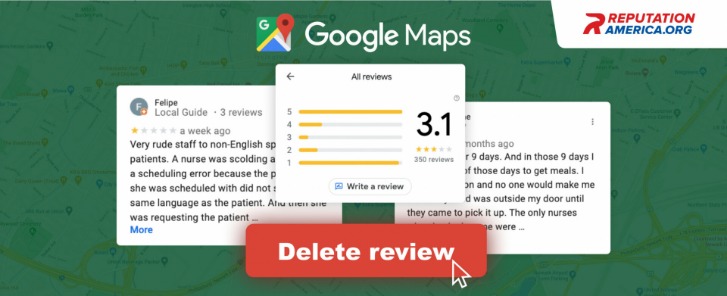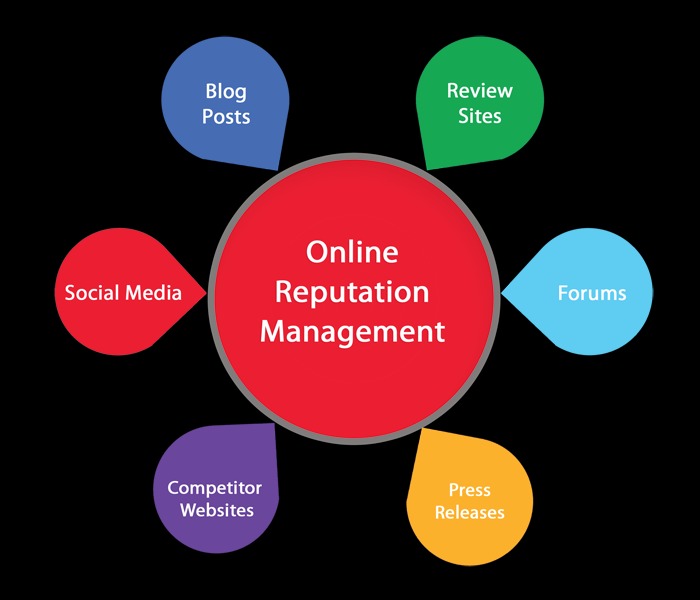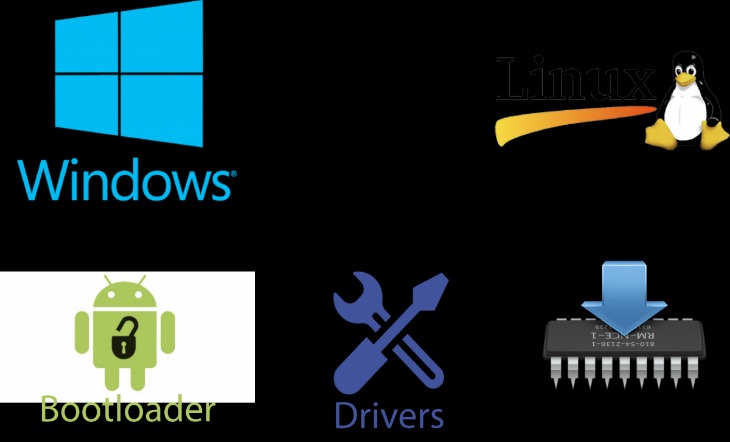The realm of Android App Development has witnessed exponential growth and transformation over the past decade. Fueling this evolution are the rising capabilities of smartphones, the introduction of innovative tools and frameworks, and the burgeoning demand for mobile applications.
Understanding Android App Development
At its core, Android App Development involves the creation of software applications for devices running the Android operating system. Google, which maintains Android, provides a robust framework and a comprehensive set of tools to aid developers in this process.
Key Components of Android App Development
To excel in Android App Development, it’s crucial to grasp several key components:
- Android Studio: The official integrated development environment (IDE) for Android. It is designed to accelerate production with features like code completion, debugging, and project management.
- Java and Kotlin: The primary programming languages used in Android App Development. While Java has been a mainstay, Kotlin has rapidly gained prominence due to its expressive syntax and compatibility with existing Java code.
- XML Layouts: User interfaces in Android are crafted using XML, which offers a flexible and efficient way to create layouts.
- APIs and Libraries: Leveraging APIs (Application Programming Interfaces) and libraries can expedite development and enhance app functionality. Google provides a range of libraries such as Jetpack to facilitate common tasks.
Current Trends in Android App Development
The landscape of Android App Development is constantly evolving. Here are some of the current trends shaping the field:
Machine Learning Integration
As artificial intelligence progresses, integrating machine learning into mobile apps is becoming more feasible. Features like image recognition, voice command, and predictive text are increasingly standard in modern apps.
Read more about Android App Development here.
Internet of Things (IoT) Connectivity
Many apps now offer connectivity to IoT devices, allowing users to control home appliances, wearable tech, and even vehicles through their smartphones. This trend is set to grow as more devices become interconnected.
Augmented Reality (AR) and Virtual Reality (VR)
AR and VR are no longer confined to gaming. They offer potential applications in retail, education, and healthcare. Developers specializing in Android App Development are finding innovative ways to incorporate these technologies into their applications.
Best Practices in Android App Development
While diving into Android App Development, adhering to best practices can significantly improve the quality and performance of your applications:
- Modular Development: Breaking down your app into smaller, manageable modules can streamline the development process and enhance code maintainability.
- Consistent UI/UX Design: Prioritize user experience by adhering to consistency in design throughout the application. Google’s Material Design guidelines can be an invaluable resource.
- Performance Optimization: Regularly monitor and optimize your app’s performance. Memory management, efficient coding practices, and tools like Android Profiler can aid in this endeavor.
- Security Measures: Implement robust security protocols to safeguard your app and user data. Utilize encryption, secure APIs, and regular security audits.
The Road Ahead
The landscape of Android App Development promises to remain dynamic and full of opportunities. As technology advances, developers must stay abreast of new tools, frameworks, and trends to deliver compelling and innovative mobile applications. The ability to adapt and evolve will be the cornerstone of success in this ever-changing field.






